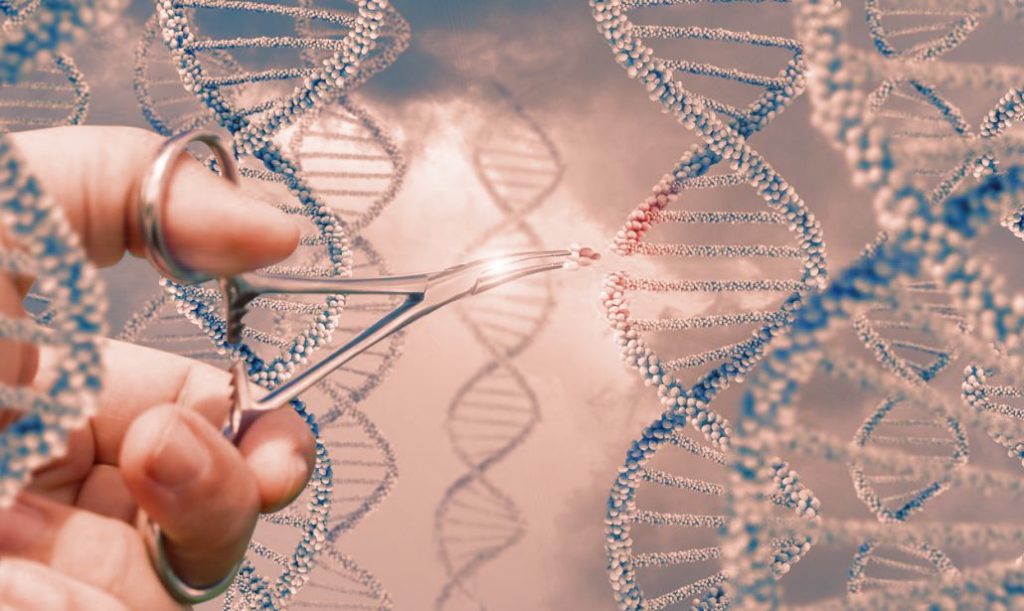

Controlling Human Heredity: 1815 to the Present
In the last two decades of the nineteenth century and the first three of this century, it was widely assumed that mental, temperamental, and moral traits were determined by human heredity. Shiftlessness, religiosity, courage, patriotism, a sense of humor, love of beauty, taste for philosophy, trustful nature, and a tendency to wander were only a few of the traits ascribed to good or bad blood. “Children inherit their minds and dispositions in the same way and to the same degree as they inherit their bodies,” according to a popular book, The Fruit of the Family Tree. “Do you know,” the author asked, “that good and bad housekeeping, good and bad citizenship, bright and dull minds, good and bad health, happiness and unhappiness are largely due to the sort of ancestors a man [sic] had, and that such things can be attained only to a limited extent by any economic ‘system’ or scheme of education?” (Wiggam 1924, 292).
That society ought to foster the breeding of those who possessed favorable traits (“positive” or “constructive” eugenics) and discourage or prevent the breeding of those who did not (“negative eugenics”) seemed obvious to follow. Geneticists assured the public that the tools for the job were at hand. Samuel J. Holmes of the University of California told lay readers that anyone abreast of genetics and in control of human matings could, in a few generations, “breed a race of idiots, a race of dwarfs, a race of giants, an albino race, an insane race, a race of moral imbeciles, a race which would almost invariably get drunk in the presence of alcohol, a race of preeminent mental ability, or a race of unusual artistic talent.” From a scientific perspective, the task is “easy,” he claimed, and some control of breeding is badly needed. There is no excuse for allowing “degenerate human beings” to propagate their kind. He noted that some people counsel caution on the grounds that we lack consensus on what kinds of people are desirable and enough knowledge about the laws of heredity to breed them. On both scores, Holmes thought them wrong. We want people who are healthy, good-natured, emotionally stable, sympathetic, and smart. We do not want idiots, imbeciles, paupers and criminals (Holmes 1923, 200-203).
In the United States, Canada, Britain, and much of Europe, the concept, of genetic perfectibility underlay some of the most sharply defined fissures in the intellectual and moral landscape. Holmes’s views were widely shared by those who were white, Anglo-Saxon, Protestant, and middle class. To individuals who had achieved social success, controlled reproduction seemed only good common sense. Advocates and critics of capitalism, defenders, and opponents of birth control, social revolutionary and reactionaries lined up on the question of human breeding. How did eugenics come to exert such powerful and broad appeal? What events shaped its direction? Whose interests did it finally serve? Why did it fall into disrepute? In spite of eugenics’ bad reputation has it survived in other guises? Indeed, what is eugenics, and what relationship does it have to modern genetics? These are the question this book aims to answer…(c)
Assignment
- As a thesis, argue whether or not Eugenics, or controlling biological reproduction of the human species, is a legitimate concern of society.
- Was Eugenics part of biology and the study of human heredity, or was it part of Social Darwinism and racism?
- To demonstrate your conclusions and thinking give examples substantiated in footnotes or endnotes.
- Although you may structure your essay as you see fit, a convenient way to approach controlling Human Heredity and the above thesis is by taking a chapter by chapter approach.
- Consider some of the many aspects of the history of the Eugenics movement since Darwin. For example: what were the roles of Darwin, Wallace, and Galton? What was the role of the ideas of Mendel? How were “Morons” identified and why were they feared? What “Solutions” were advanced by eugenicists? How did these differ from nation to nation? What was the role of eugenics in early twentieth-century thinking about racial differences? What is the relationship between eugenics and contemporary thinking and practices concerning human heredity?
NOTE! AEssay Team of professional writers has already completed this assignment. We are ready to help You with it. Please use the coupon code AE-FB-2018-15 to get a discount if You order till the end of 2018 or contact our support to get a new one.



